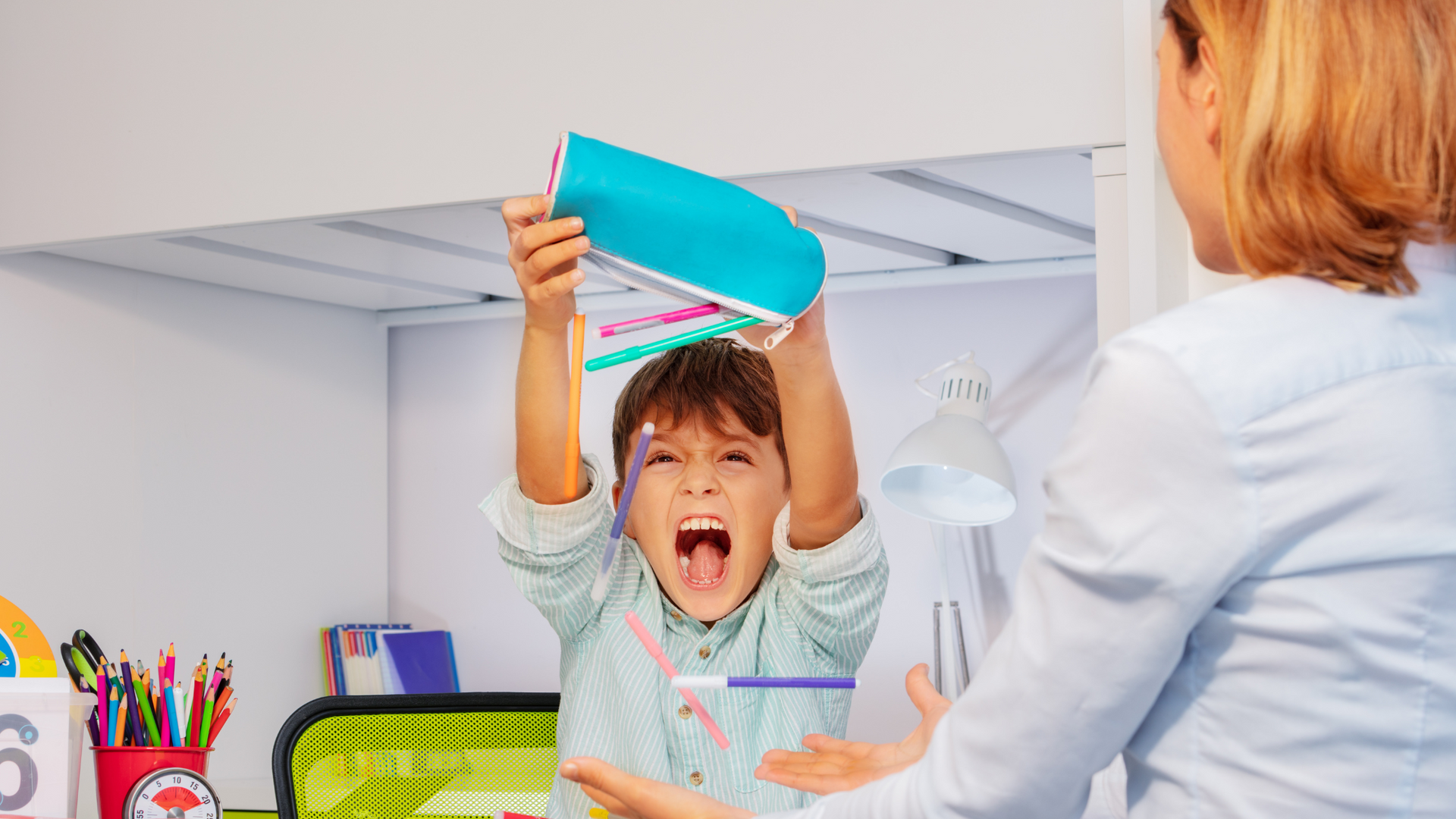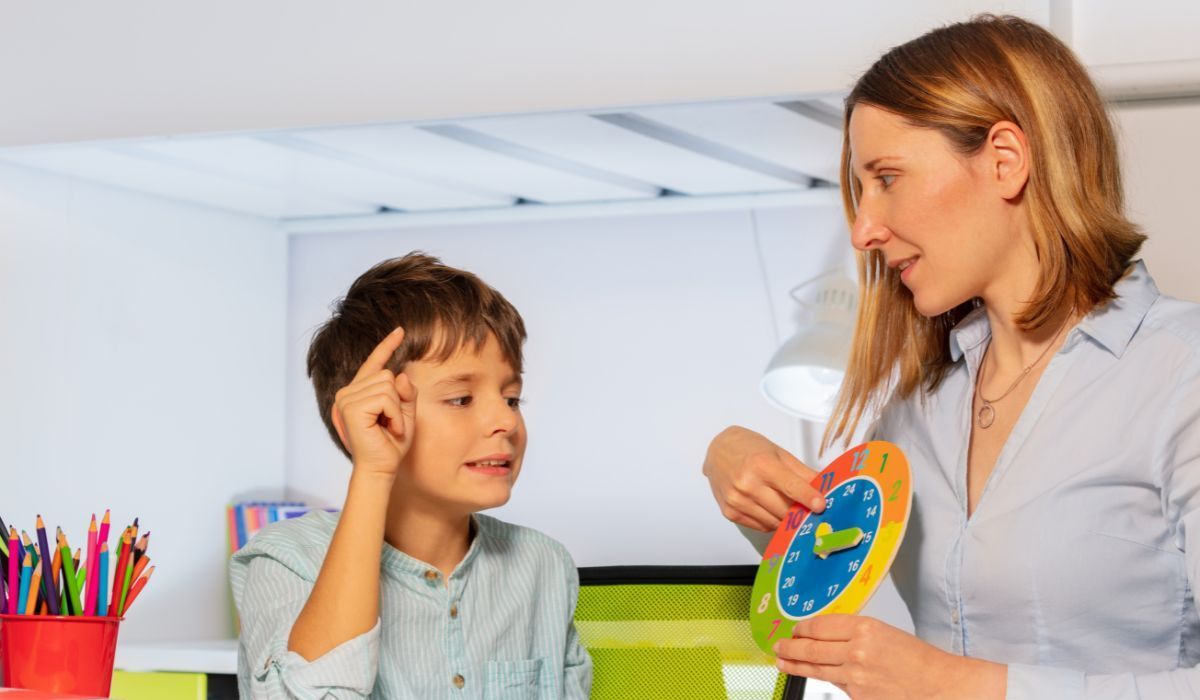Stress and Its Influence on Children with Autism
Stress is a universal experience, but for children with autism, it can present unique challenges that impact their emotional regulation, learning ability, and social development. While all children face stressors—such as school demands, peer relationships, or family dynamics—those on the autism spectrum often experience stress more intensely and frequently due to their unique ways of interacting with the world. Understanding the role of stress in children with autism is essential for parents, caregivers, and educators to provide appropriate support.
In this article, we’ll explore how stress affects children with autism, what signs to look out for, and how early interventions such as ABA applied behavior analysis can help. We will also touch on how professional support from reputable providers like aba agencies Maryland can make a positive difference in these children’s lives.
Understanding Stress in Children with Autism
Stress in childhood can stem from academic pressure, environmental changes, social challenges, and even overstimulation. For children with autism, these experiences are often magnified. Their daily routines are critical to stability, and disruptions—such as changes in schedule, new people, or unfamiliar places—can quickly become sources of anxiety.
In neurotypical children, stress responses may be temporary and manageable, but for children with autism, stress can lead to a cascade of behavioral and emotional challenges. These might include increased withdrawal, aggression, refusal to participate in activities, or regression in communication and self-help skills.
Common Sources of Stress
Let’s take a closer look at specific sources of stress that affect children with autism:
- Changes in Routine
- Routines provide predictability and comfort. A sudden change—like a different bus driver, substitute teacher, or family schedule—can cause distress.
- Social Situations
- Interacting with peers, understanding non-verbal cues, and maintaining conversations can be difficult. These challenges may make social settings a major source of anxiety.
- Academic Expectations
- Learning environments that aren’t adapted to a child’s needs can result in frustration and a feeling of failure, leading to increased stress.
- Communication Barriers
- When children have trouble expressing their thoughts or needs, they may experience feelings of helplessness or anger.
- Overwhelming Environments
- Bright lights, loud noises, or crowded places can overstimulate a child and trigger stress responses.
How Stress Affects Children with Autism
Stress can impact children with autism both behaviorally and physiologically. While some may become more hyperactive or defiant, others might retreat into silence or repetitive behaviors. Prolonged stress can affect physical health, disrupt sleep, and lower a child’s threshold for frustration.
Behavioral Changes
When overwhelmed, a child may:
- Exhibit increased aggression or self-injurious behaviors
- Withdraw from interaction or eye contact
- Engage in repetitive actions to self-soothe
- Show difficulty in transitioning between activities
Emotional Impact
Stress can also lead to:
- Heightened anxiety or fear
- Low self-esteem due to perceived “failures”
- Emotional outbursts or meltdowns
- Avoidance of situations that previously brought joy
Physical Symptoms
In some cases, stress may even manifest in physical forms such as:
- Stomachaches
- Headaches
- Changes in eating habits
- Sleep disturbances
Recognizing these signs early can help caregivers and therapists intervene effectively.
The Role of ABA Therapy
One of the most evidence-based and effective ways to support children with autism dealing with stress is through ABA autism therapy. ABA—Applied Behavior Analysis—is a structured approach that helps children build skills, reduce problematic behaviors, and improve their ability to function independently.
By identifying the triggers of stress and understanding a child’s behavior patterns, ABA therapy can teach coping strategies and emotional regulation skills. The therapy focuses on small, measurable goals that build confidence and reduce anxiety.
How ABA Helps Manage Stress
- Individualized Support Plans
- ABA programs are personalized, which means interventions are tailored to the specific stressors affecting the child.
- Skill Development
- Children are taught how to cope with changes, express emotions appropriately, and engage in positive social interactions.
- Data-Driven Insights
- Therapists use observations and data to identify what situations cause stress and track progress over time.
- Parent and Caregiver Training
- ABA doesn’t stop at the clinic or classroom. Parents are taught strategies to reinforce positive behaviors and provide support in daily life.
Support from ABA Agencies in Maryland
Families in Maryland seeking professional assistance have access to top-tier ABA agencies Maryland that specialize in providing care for children with autism. These agencies employ trained behavior analysts who assess a child’s needs and develop a comprehensive support plan tailored to their environment.
For those looking for specialized care, ABA autism therapy Maryland services provide in-home, school-based, and virtual sessions to accommodate the child’s routine and comfort. The flexibility and personalization these services offer can significantly reduce the child’s stress and enhance their learning and development outcomes.
Tips for Parents and Caregivers
While professional support is invaluable, parents and caregivers can also take proactive steps to reduce stress for children with autism:
Establish Consistent Routines
A predictable schedule helps children feel secure. Use visual schedules if necessary and prepare the child in advance for changes.
Communicate Clearly
Use simple language and visual aids to communicate expectations. Offer choices to give the child a sense of control.
Create a Calm Environment
Identify and reduce environmental stressors like loud noises or chaotic spaces. A designated quiet area can help children decompress.
Model Coping Strategies
Demonstrate how to handle stress through deep breathing, taking breaks, or using calming techniques like soft music or movement.
Reinforce Positive Behavior
Celebrate small achievements and positive behavior. Positive reinforcement helps children feel motivated and confident.
Stay Informed
Attend workshops or support groups to learn more about children with autism and how stress affects them. Staying informed empowers you to make better decisions for your child’s well-being.
Building a Strong Support System
Support for children with autism doesn’t stop with therapy sessions. Teachers, relatives, therapists, and the broader community all play a role in minimizing stress. Collaborative care ensures that the child receives consistent support across different settings, be it home, school, or therapy environments.
Regular communication between all members of the child’s support network fosters trust, consistency, and a deeper understanding of the child’s needs and behaviors.
Conclusion: Reducing Stress, Enhancing Potential
Stress may be a natural part of life, but its impact on children with autism can be profound. By recognizing the unique ways these children experience stress and taking steps to address it through evidence-based strategies like ABA applied behavior analysis, we can help them navigate the world with more confidence and calm.
Families seeking expert guidance can turn to reliable aba agencies Maryland for support. From personalized therapy plans to parent education, these services provide the tools children need to manage stress and thrive in their environments.
About Us
At Able Minds ABA, we’re here to meet your child where they are — at home, at school, or even online. Our services are designed to fit your family’s needs, with the reliability and care you deserve.
Contact us today and take the next step in your journey.
FAQs
What causes stress in children with autism?
Children with autism often experience stress from changes in routine, social situations, academic pressure, and communication challenges. Even minor disruptions or unfamiliar environments can trigger anxiety and stress responses due to their preference for predictability and structure.
How does stress manifest in children with autism?
Stress in children with autism may appear as emotional outbursts, withdrawal, repetitive behaviors, sleep problems, or even physical symptoms like headaches or stomachaches. These signs often indicate that the child is overwhelmed or unable to cope with a particular situation.
Can stress affect learning and behavior in children with autism?
Yes, chronic stress can negatively affect learning, attention, memory, and behavior in children with autism. It can lead to decreased participation, increased frustration, and difficulty engaging in academic or social activities.
How can ABA therapy help manage stress in children with autism?
ABA (Applied Behavior Analysis) therapy helps children develop coping strategies, improve communication, and reduce anxiety by addressing the root causes of stress. Therapists create personalized plans to help the child manage transitions, express emotions, and build resilience.
Are there professional services available in Maryland for autism support?
Yes, families can access expert services through aba agencies Maryland that provide ABA autism therapy Maryland in various settings, including home, school, and online. These agencies offer structured and supportive programs tailored to each child’s needs.
What can parents do at home to reduce stress for their child with autism?
Parents can help by maintaining consistent routines, offering clear communication, reducing environmental triggers, modeling calming behaviors, and using positive reinforcement. Creating a supportive home environment can significantly lower a child’s stress levels.
How do I know if my child needs professional help to manage stress?
If your child frequently shows signs of distress, has difficulty coping with daily tasks, or displays changes in behavior, it may be time to seek professional guidance. ABA professionals can assess your child and create strategies to support their emotional and behavioral well-being.
Can stress be completely eliminated in children with autism?
While it may not be possible to eliminate all sources of stress, many stressors can be managed or minimized. With the right strategies, therapies, and support, children can learn to cope more effectively and experience improved emotional regulation and quality of life.
What is the first step in getting ABA therapy for my child?
The first step is to reach out to a qualified ABA provider, such as one of the aba agencies Maryland, for an assessment. They will evaluate your child’s needs and develop a customized therapy plan that focuses on reducing stress and promoting development.










